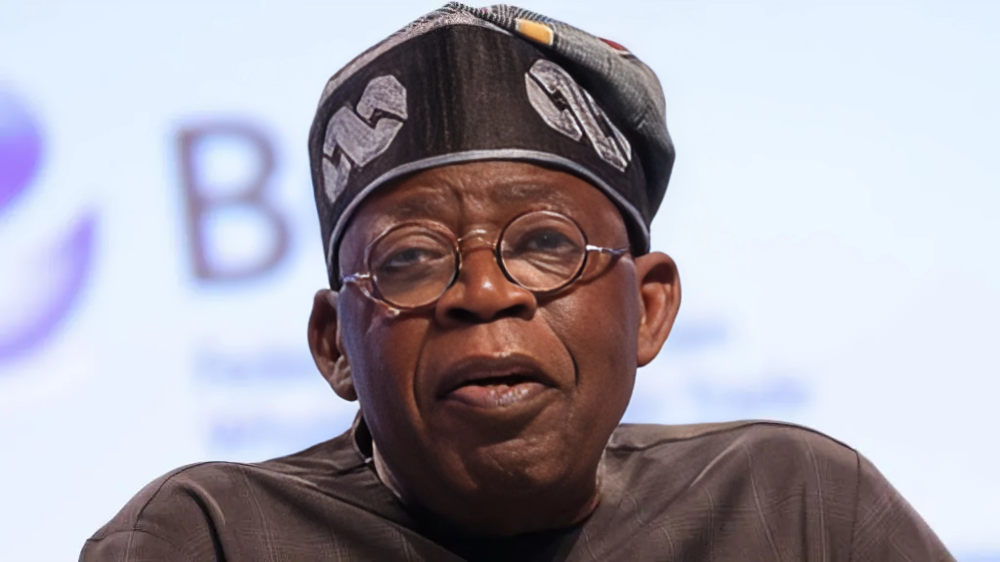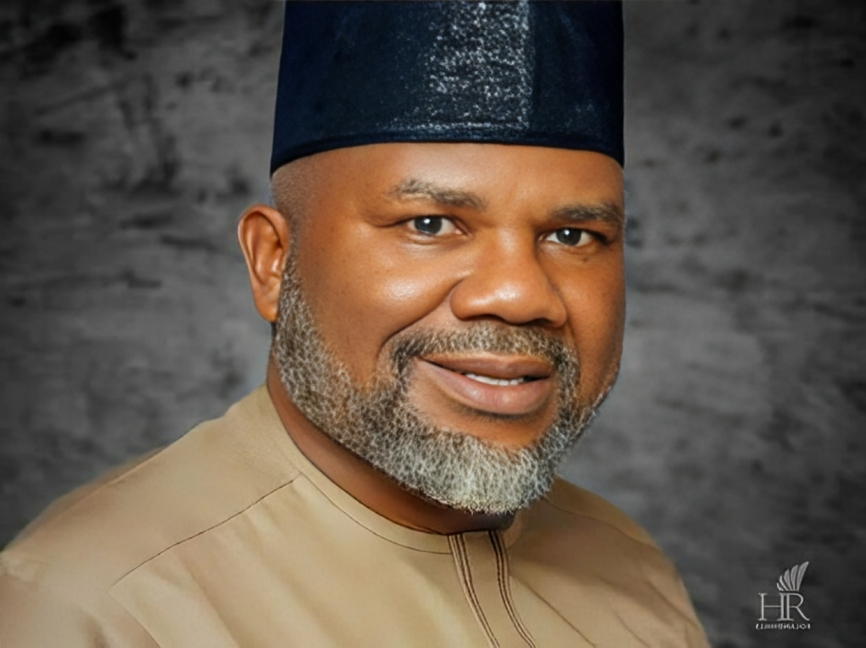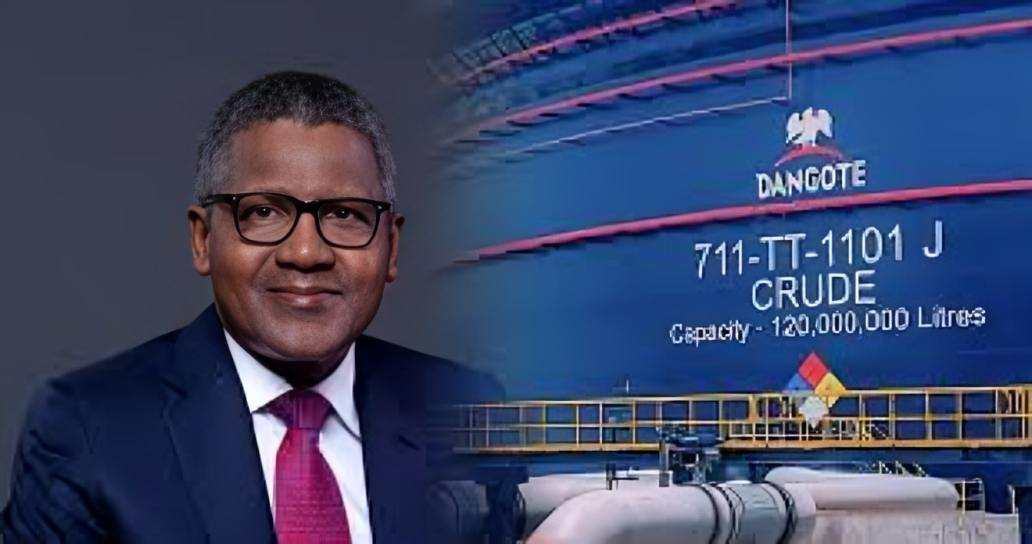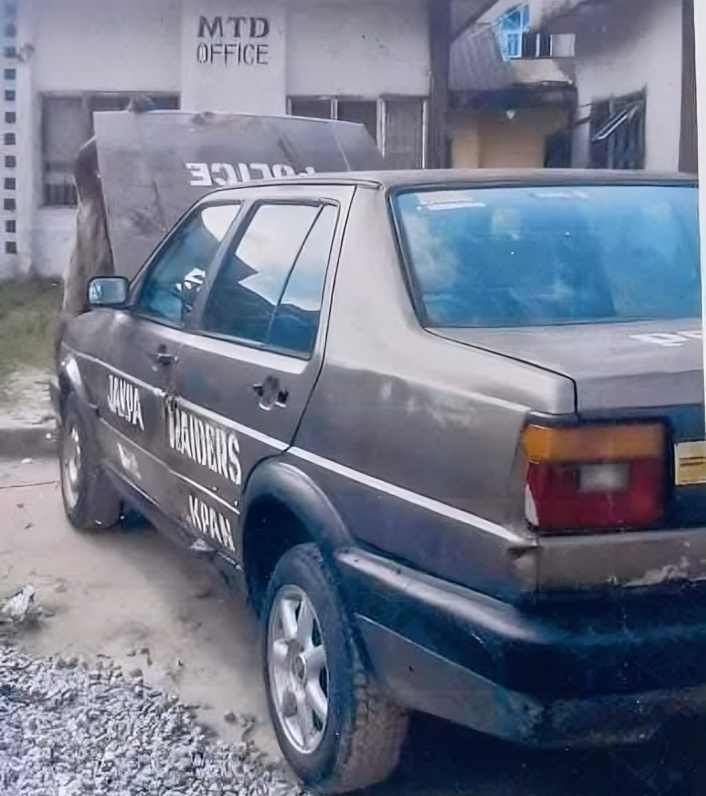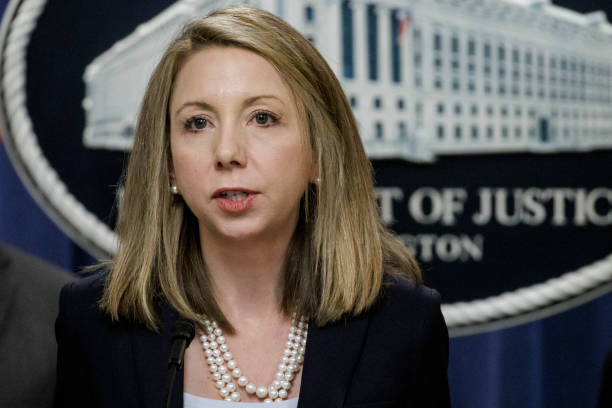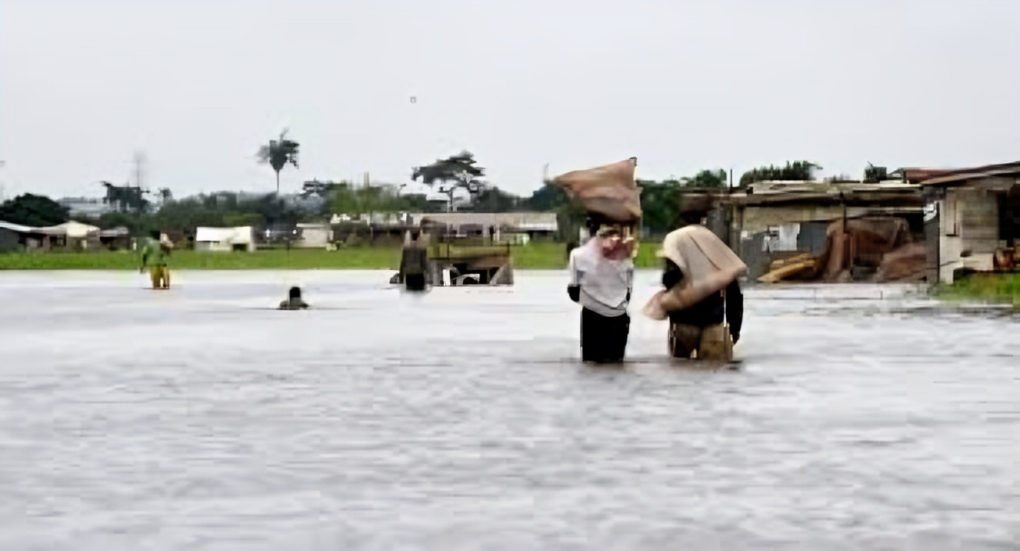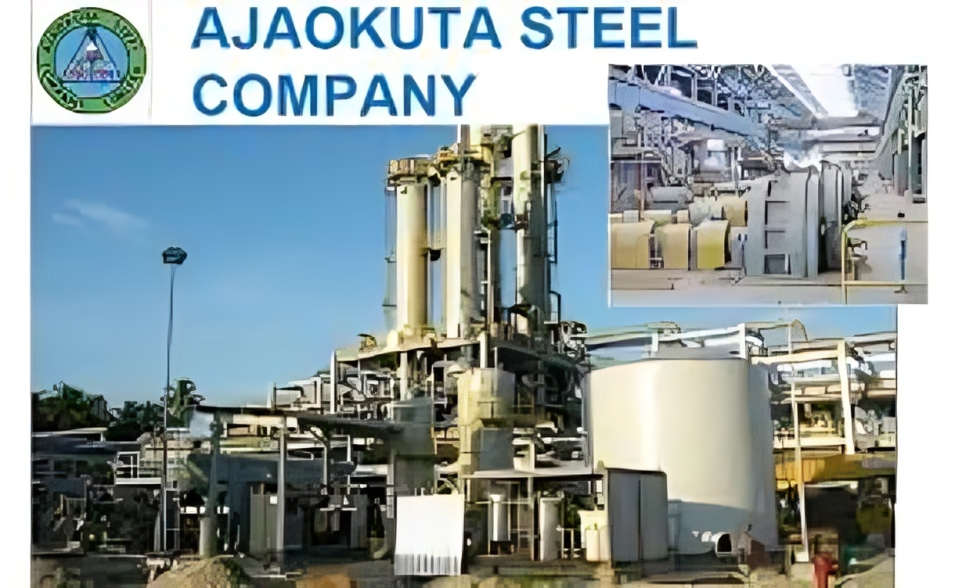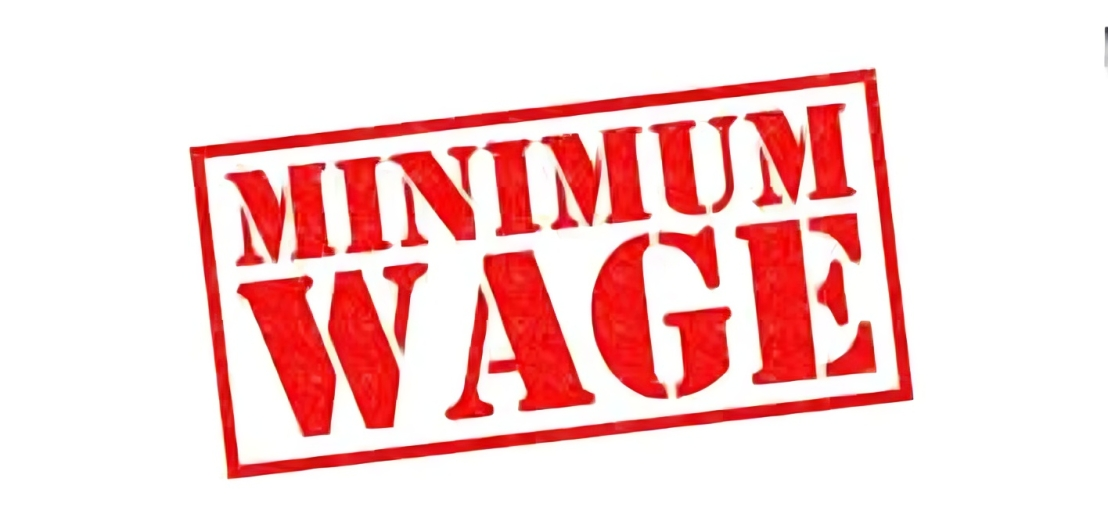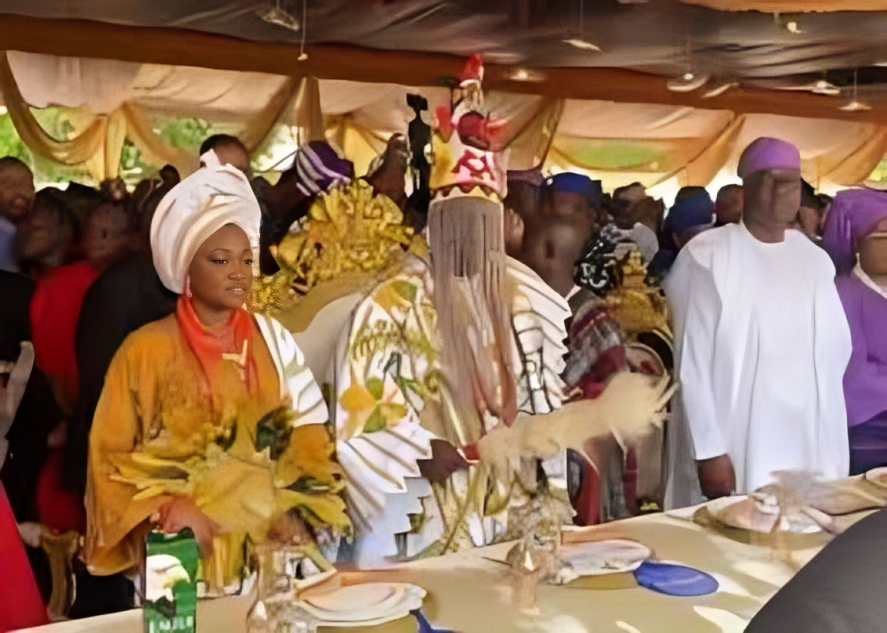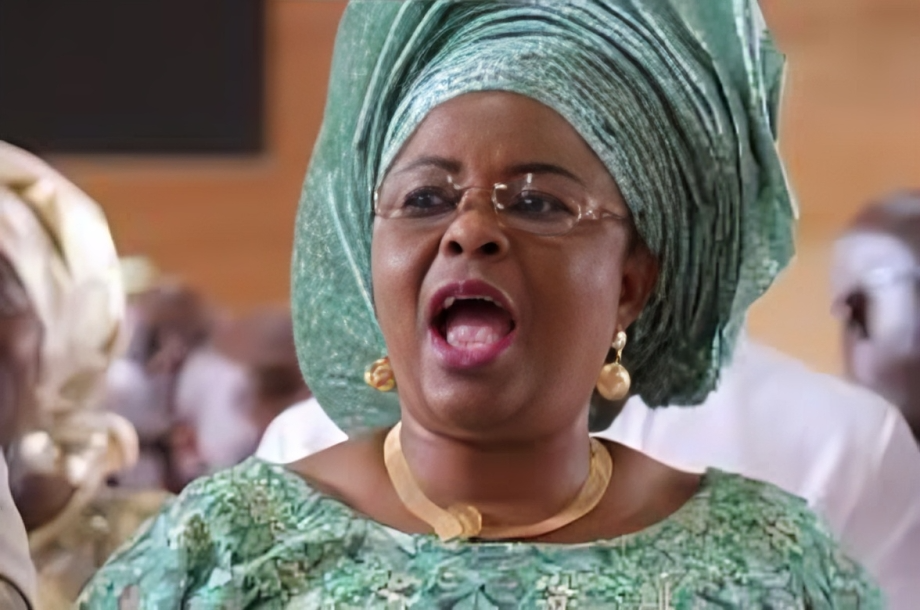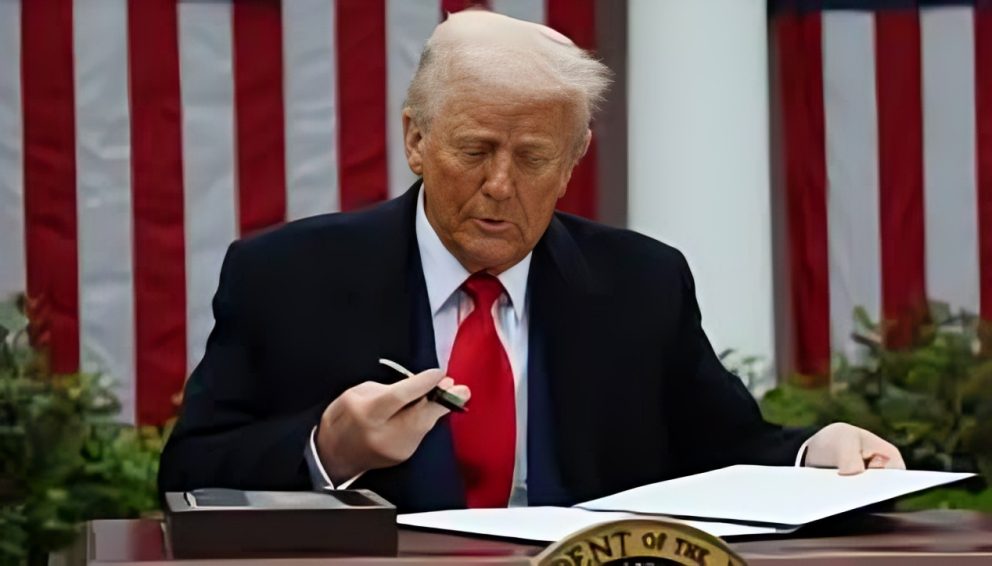Lagos communities decry water scarcity, demand govt intervention
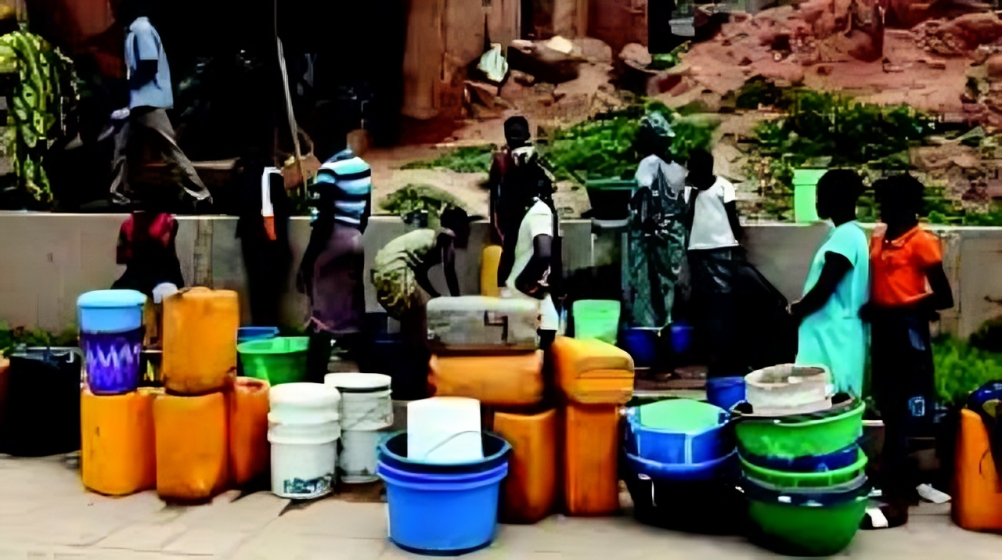
Lagosians have asked the state government to provide them with clean water to help cut down the colossal amount used in buying water.
They stated this in independent interviews with the News Agency of Nigeria on Monday in Lagos, ahead of World Water Day, which occurs annually in March.
They impel the state government to curb the spread of waterborne diseases in the state by providing potable water.
The World Health Organization reports that one in every three Africans suffers from water shortage. The situation is being made even worse due to increasing population, increasing urbanization, and increased domestic and industrial water usage.
Some of the residents blamed the lack of safe drinking water in the state on poor management and lack of proper infrastructure. Others blamed it on a lack of adequate investment and qualified staff.
Mr. Ibrahim Mustapha, a local businessman in the Akowonjo Local Government Area, informed NAN that he is dissatisfied with the absence of clean water in their locality.
I don't understand why water remains such an issue in a region bordering large bodies of water. I am 54 years old now, and I can confirm that the last time we had clean water from the public facilities was during my youth. We have been depending on private source water, and that is not good," he said.
He urged the state government to prioritize the water problem and have it done once and for all.
Another resident, Mrs. Folake Davies, a dentist who lives in the Yaba area, revealed to NAN that the unavailability of access to clean water has led to increased household expenditure.
This has resulted in the consumption of sachet water as a beverage and borehole water in gallons as an alternative for domestic use. This has created unnecessary economic pressure on already poor citizens as well as environmental degradation through plastic waste.
"Water scarcity hinders people from practicing good hygiene and healthy living, which ultimately leads to waterborne diseases if they keep using dirty water," she continued.
She impels the state government to come up with a lasting solution to this issue since it affects lives.
Another resident of Makoko, Mr. Saheed Abbas, who is a casual worker, lamented how hard it is for the people to obtain clean water. This has rendered selling water a highly lucrative business. "Prior to accessing clean water in Makoko, they must walk.
Some of them even ride motorcycles to go and bring clean water," he explained. Abbas urged the state government to make their lives easier with the revival of drinkable water in the area. One of the Igando community members, Mrs. Lydia Anjorin, a business manager, was fed up with the amount of money she spent buying water in the community.
"This scarcity of water costs us an arm and a leg to buy bottled water and utilize potentially dirty sources of water, compromising our health and hygiene. We need the authorities to act to enhance water availability by constructing new water treatment facilities, replacing old pipes, and introducing water conservation programs," she continued. A resident of Lekki, Mr. Kayode Aderibigbe, lamented the unavailability of water in the area.
We starve for water for days, and even when we get it, it is not quality water to drink or cook. I just relocated my family to my in-laws' residence because there was no water for two days. I slept in one of my houses in Magodo just to bathe. "The situation in Lekki is quite disappointing," Aderibigbe stated.
For Mrs. Ese Ayanwun of Lekki, an availability of clean water is now a reality in her community due to the initiatives of the water authority.
Ayanwun noted that they installed a water reservoir tank in her house, and now they enjoy a steady supply of clean water.
The initiative has been a huge relief since earlier on, we had indeed grappled with water shortage and pollution," she stated.
NAN reports that other areas like Kodesi, Oro Kede, Ijaiye, and Agboju are also areas where safe drinking water is not available.
A family doctor, Dr. Tunji Akintade, reports that lack of access to safe water can cause health issues. Among them are waterborne illnesses, poor intake of health foods, and enhanced vulnerability to infection.
Akintade emphasized that adequate and clean water makes people clean, and it is critical in order to avoid illness and death, especially among children and the vulnerable.
He elucidates that poor sanitation and contaminated water are associated with the spread of diseases like cholera, diarrhea, dysentery, hepatitis A, typhoid, and several neglected tropical diseases.
Clean and safe water is essential for public health, either for domestic use, food production, or drinking," he stated.
He implored the government to provide the citizens with clean and pure water so that they would be able to improve their well-being. However, efforts to get a reaction from the Public Relations Officer, Lagos State Water Corporation, Mr. Anifowoshe Rasaq, proved unsuccessful since his phone number could not go through at the time this report is filed.
NAN has it that Environment and Water Resources Commissioner Mr. Tokunbo Wahab guaranteed the people of Lagos an uninterrupted water supply in 2027.
This was a declaration made by the commissioner during the inspection of the current water project in Adiyan Phase 2 at the Iju axis of the state.
Wahab, content with the progress, was certain that Lagosians would soon be experiencing hassle-free water supply. He explained that Governor Babajide Sanwo-Olu and Deputy Governor Dr. Obafemi Hamzat chose to resolve the problem of water. "To correct the water issue, we had to come to Adiyan 2, which is a plant that can treat 70 million gallons of water per day and is the largest of them all.
We have engaged the contractor, so we just came here to look at what they have been doing, and I am glad that the media also accompanied us on the tour." "With 70 million gallons, and then you also have Iju with Adiyan 1 and micro and mini water works, the majority of the Lagos houses and homes will be receiving pipe-borne water, which is what we desire, and we are planning for sometime in 2027," he added.


